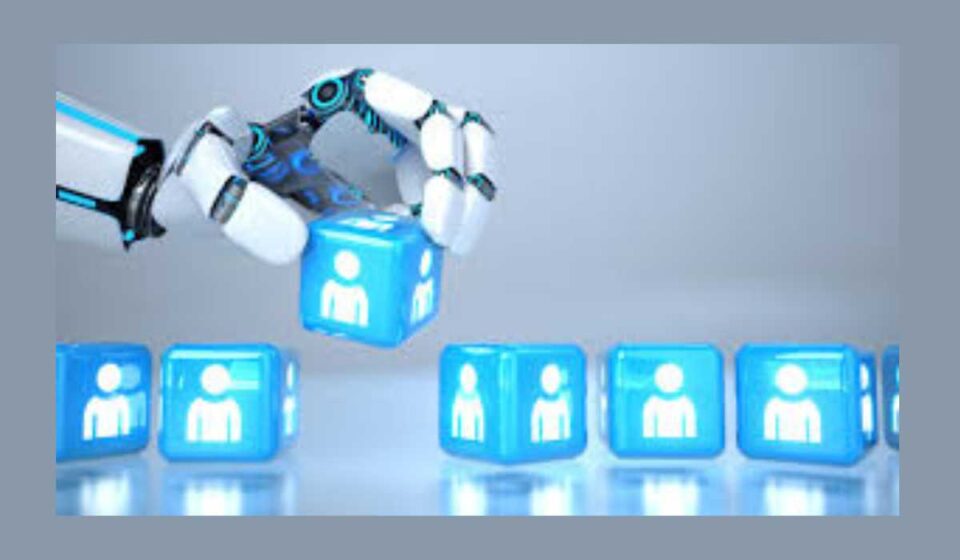As artificial intelligence (AI) rapidly infiltrates the recruitment landscape, businesses are increasingly relying on algorithms to screen, assess, and even interview candidates. While AI promises efficiency and cost savings, it raises significant ethical questions about transparency, fairness, and bias. This article explores how algorithm-based hiring systems like HireVue and Pymetrics are reshaping recruitment, analyzing both their potential and pitfalls.
The Case for AI in Recruitment
For companies managing hundreds or thousands of applications, AI offers a solution to streamline the hiring process. AI-driven platforms such as HireVue, which uses video analysis to assess candidates, and Pymetrics, which employs neuroscience-based games to match applicants with jobs, have gained traction in recent years.
These tools can sift through resumes, predict candidate success based on data, and even analyze facial expressions and speech patterns to gauge communication skills. According to a 2023 report by Gartner, 75% of large enterprises are expected to adopt AI-based recruiting systems by 2025. The lure of increased efficiency, reduced hiring times, and enhanced candidate matching is compelling for many businesses.
Successes: Efficiency and Precision
- Efficiency: AI reduces the time to hire by automating repetitive tasks such as resume screening. Pymetrics, for example, claims to cut hiring time by 30-50% by using its algorithm to match candidates based on cognitive traits rather than traditional qualifications.
- Precision: AI models can also help companies find candidates whose skills align with the job’s technical requirements. In fields like software engineering and data science, AI tools are proving especially useful in matching specific technical capabilities with job requirements.
The Ethical Dilemmas
While AI in recruitment promises efficiency, it is not without its ethical concerns. In 2018, Amazon scrapped an AI recruiting tool when it was revealed that the system was biased against women, penalizing resumes that included the word “women’s” as it had been trained on predominantly male data. This case underscores the dangers of bias inherent in algorithmic systems.
- Bias and Fairness: Algorithms learn from historical data, and if the data reflects biases (racial, gender, socioeconomic), the AI can perpetuate those biases. Companies like HireVue, which use AI to analyze facial expressions and voice, have faced criticism for potentially excluding candidates who may not conform to the “expected” behavior patterns of the algorithm, such as neurodivergent individuals or those from different cultural backgrounds.
- Transparency: Many candidates are unaware of how they are being evaluated when AI tools are involved. Without clear guidelines and transparency, job seekers might not understand how decisions are made or what factors are weighed by the AI systems. This lack of transparency can lead to mistrust in the hiring process.
- Accountability: When AI makes a hiring decision, it can be difficult to assign responsibility if a candidate feels unfairly excluded. Companies relying heavily on AI tools must strike a balance between automation and human oversight to ensure decisions are just and accountable.
The Future of HR: Balancing AI with Human Insight
Despite the ethical concerns, AI in recruitment is not going away. Instead, the future of HR will likely involve hybrid systems where AI handles routine tasks, and humans focus on nuanced, ethical decision-making. Companies will need to invest in bias auditing for AI tools and ensure that human recruiters have the final say in hiring decisions.
- AI as a Screening Tool, Not the Final Decision-Maker: AI’s role should be limited to initial screenings, helping HR teams identify top candidates while leaving the final stages of selection to humans who can assess intangible qualities like cultural fit, leadership potential, and creative thinking.
- Ensuring Fairness: Companies must adopt clear guidelines for the ethical use of AI in hiring, ensuring transparency and fairness at every stage of the process. This includes informing candidates when they are being assessed by AI and offering alternative assessments for those uncomfortable with AI-based evaluations.
- Continuous Learning: AI models should undergo regular updates to improve accuracy and reduce bias. Incorporating diverse datasets and conducting periodic audits can help mitigate some ethical concerns.
Conclusion: The Path Forward
While AI in hiring offers undeniable benefits in efficiency and precision, the potential for bias and lack of transparency must be addressed. As the technology evolves, businesses need to maintain a balance between AI-driven efficiency and the human touch that ensures fairness, empathy, and ethical decision-making in recruitment.
Incorporating AI responsibly will not only enhance hiring processes but also shape a more equitable future of work. By addressing ethical concerns today, companies can ensure that AI becomes a tool for positive change rather than perpetuating existing inequalities.


